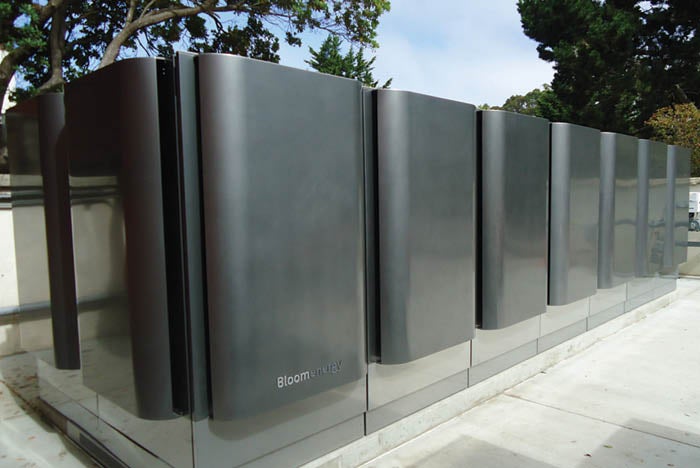Demonstration project proves value of health care microgrids
The California Energy Commission (CEC) supports the research and development of renewable energy technology, including microgrids. In 2018, in an effort to advance this technology, the CEC issued funding from the Electric Program Investment Charge.
Charge Bliss, an intelligent energy management solutions firm based in California, was awarded the CEC funding. The project scope was to design, engineer, build and operate the first renewable energy microgrid for a hospital in California at the Kaiser Permanente facility in Richmond, Calif.
The goal for the project was to demonstrate that a microgrid was a sufficiently reliable source for emergency power for a hospital in the emerging climatic reality.
Kaiser Permanente, the nation’s largest integrated health care system, has committed to achieving carbon neutrality by 2020. At the same time, with most of its facilities in California, Kaiser Permanente is now grappling with the threats of wildfire and preventive electrical utility shutdowns. These twin challenges have forced Kaiser Permanente to aggressively pursue creative strategies for supplying renewable power to its various facilities.
Kaiser Permanente Richmond Medical Center’s microgrid is a 250-kilowatt solar array and one megawatt-hour battery system. When the hospital is deriving its power from the utility, the microgrid supplements the hospital’s electrical demand with cleaner energy, augmenting energy loads at peak hours and reducing consumption by at least 365,000 kilowatt-hours annually.
More important, the microgrid supplies the entire life safety branch of the hospital. This particular microgrid was installed before NFPA 99 adopted its current language, so a diesel generator continues to serve as a backup power source. Since the system began operation, it has not needed the diesel generator to function.
This CEC project is a potential model for future health care infrastructure and the benefits of islanding as a reliable backup power source. Given unpredictable climatic events, often resulting in mass power outages, the priority of alternative, local power sources increases.





